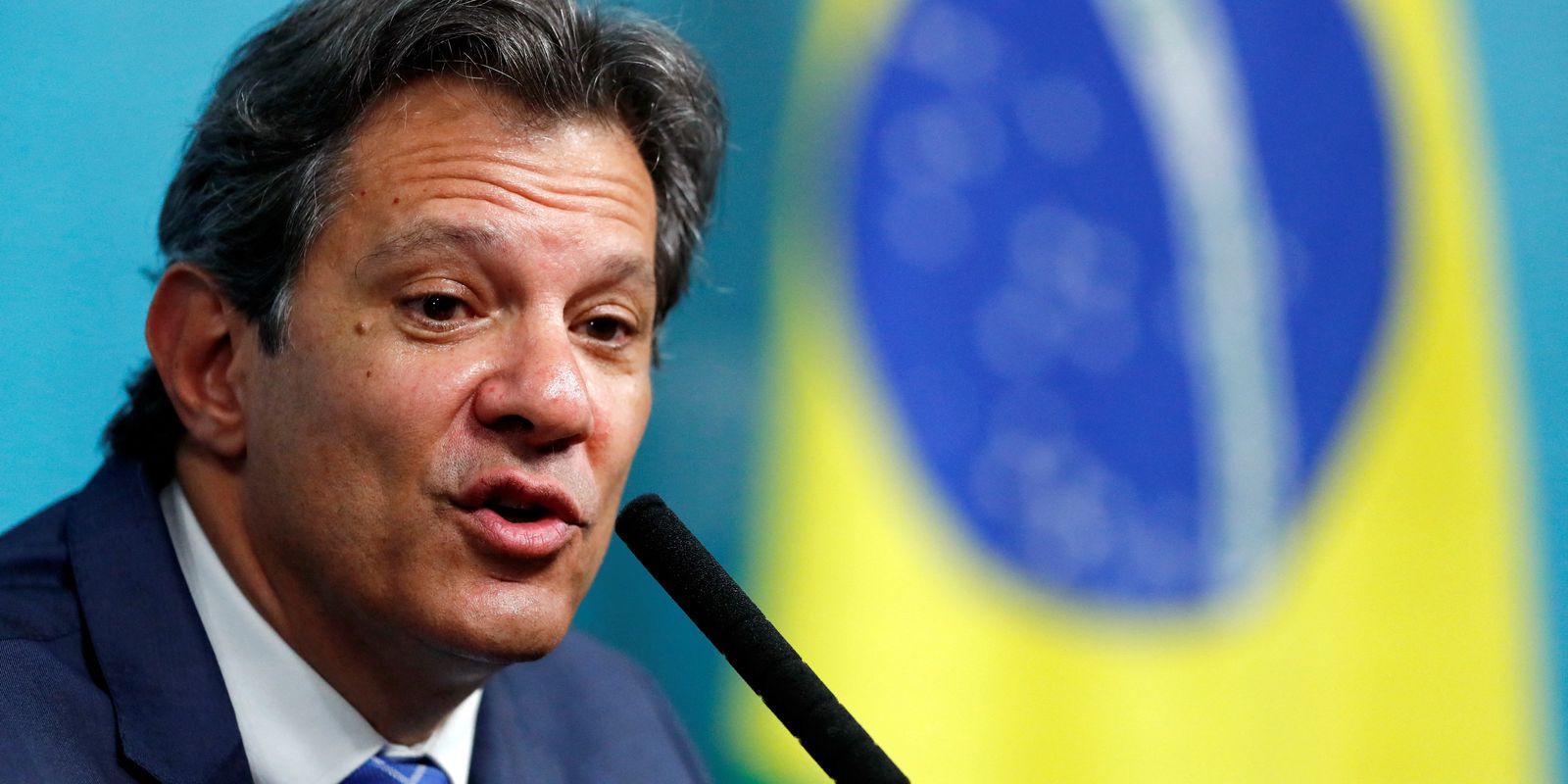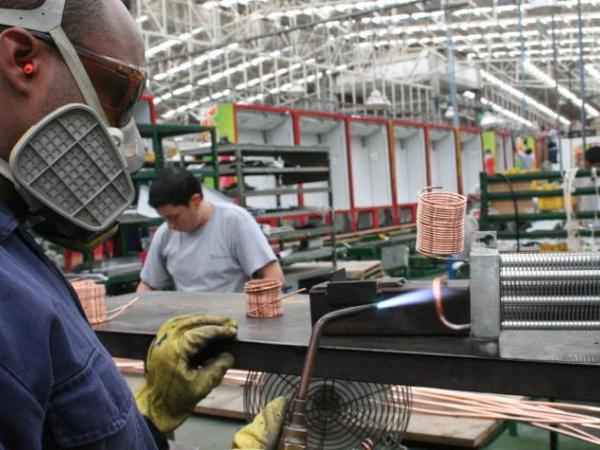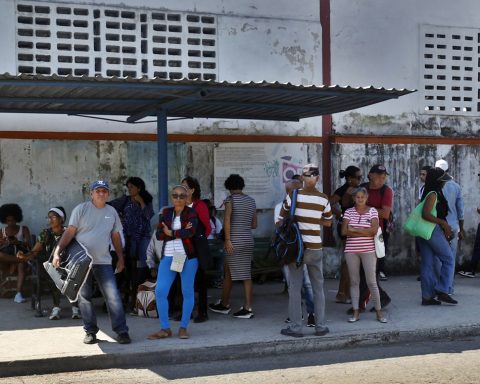A possible change in the inflation target for 2023 is not yet on the agenda of the National Monetary Council (CMN), said today (14) the Minister of Finance, Fernando Haddad. On Thursday (16), the body will hold the first meeting of President Luiz Inácio Lula da Silva’s government.
“There is a thing called Comoc [Comissão Técnica da Moeda e do Crédito], which defines the agenda of the CMN”, said the minister to journalists at the entrance of the Ministry of Finance. He made the statement before leaving for a meeting with the minister of the Federal Supreme Court (STF), Ricardo Lewandowski. By tradition, the Comoc meets on the eve of the CMN meeting.
Charged with decisions on credit, the inflation target and regulations on financial institutions, the CMN is formed by the Minister of Finance; by the Minister of Planning, Simone Tebet; and by the president of the Central Bank (BC), Roberto Campos Neto. For 2023, the official inflation target is set at 3.25%, with a tolerance margin of plus or minus 1.5 points.
Fees
The minister repeated recent statements that current basic interest rates, at 13.75% per year, create difficulties for the economy to grow and increase the government’s nominal deficit. “We have to seek to harmonize the fiscal [as contas públicas] and the monetary [a política de juros do Banco Central]”, he declared.
Haddad commented on yesterday’s (13th) interview with the president of BC on the program Roda Vida, on TV Cultura. The minister said that Campos Neto recognized that the fiscal measures presented so far by the Ministry of Finance “are in the right direction” and may reduce pressure on interest rates, resulting in possible cuts before the end of the year.
“We obtained recognition yesterday in the interview with the president of the Central Bank that the measures being taken are in the right direction. This is very important for us, to get this recognition”, he declared.
In Haddad’s assessment, the fiscal results will help the Central Bank to “recover the downward trend” of the Selic rate (basic interest rates in the economy). However, he said that current interest rates, after which the rate will begin to decline, are high. “As the results will come, and I can say that they will come, I am sure that this will help the monetary authority to conclude that we are perhaps with an interest rate at the moment that compromises the country’s objectives”, he said.
Regarding the possible increase in the minimum wage to R$1,320 starting in May, Haddad did not provide any information. He just said that it is up to President Luiz Inácio Lula da Silva to announce measures on the minimum wage.

















